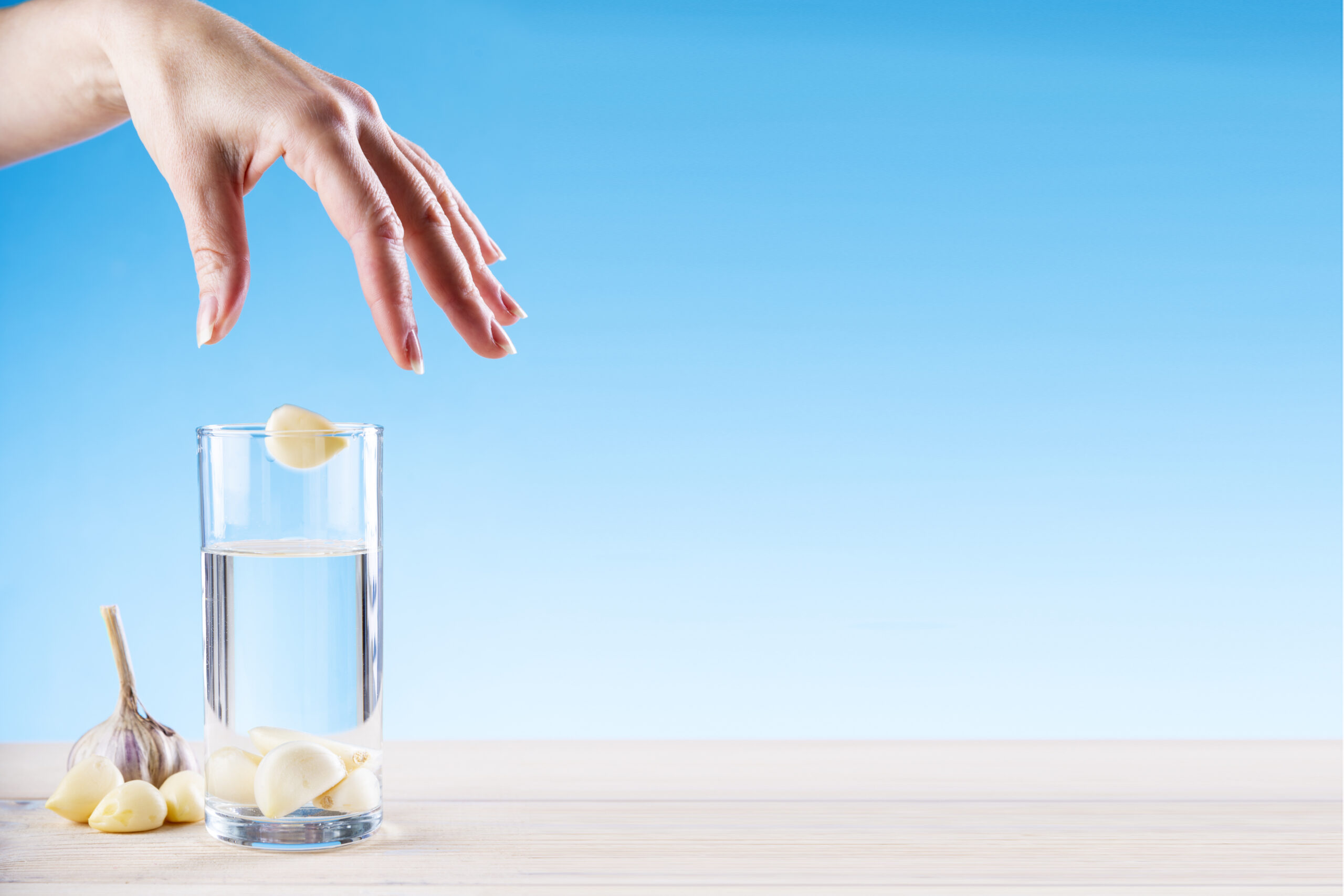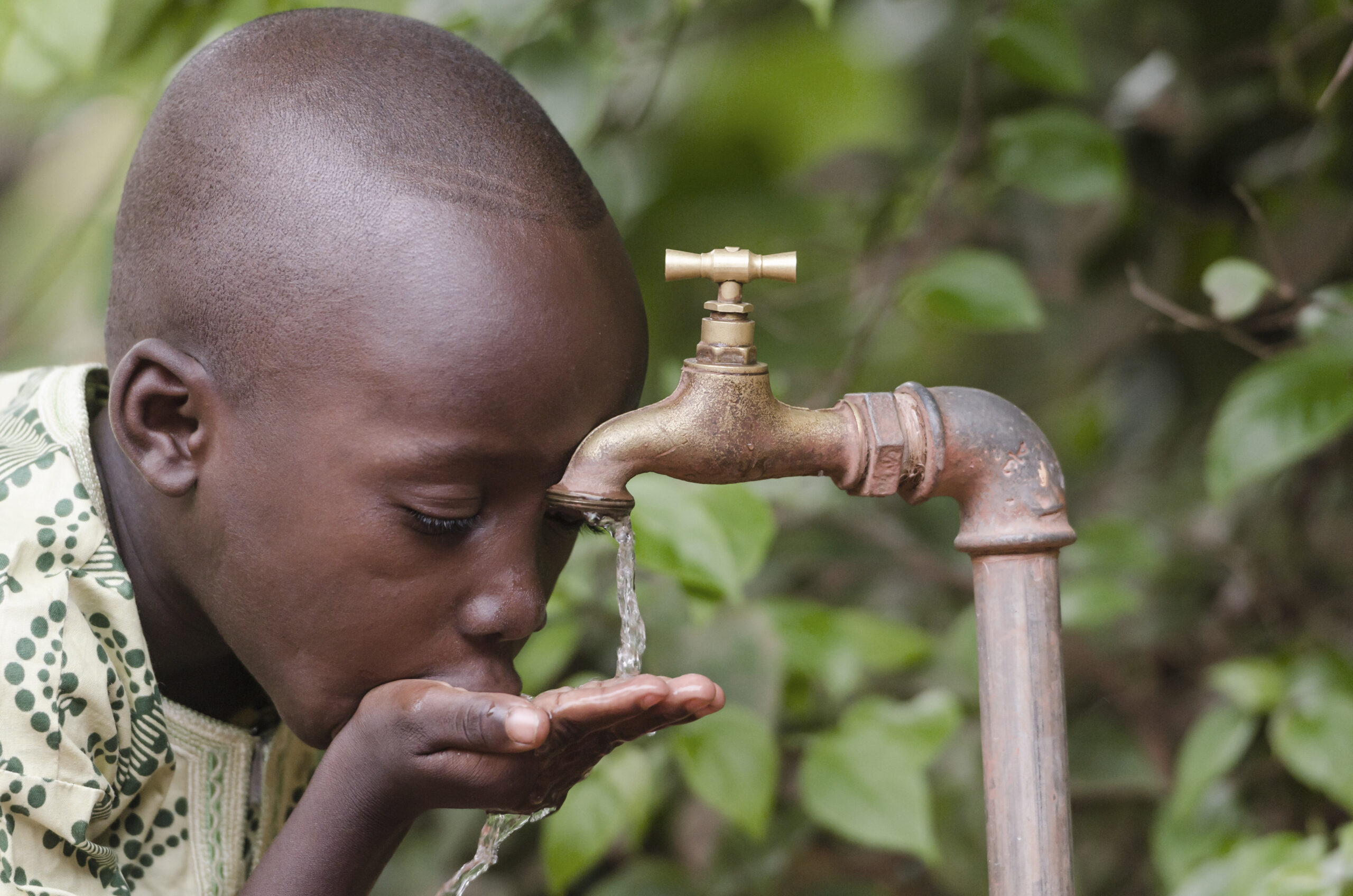Food and water-borne diseases, otherwise known as food poisoning, are conditions caused by eating or drinking contaminated foods and drinks. Many people all over the world suffer from health issues caused by water-borne diseases. While these ailments aren’t foreign concerns in the medical field, people still have a hard time dealing with them.
Although some people may not know it, harmful organisms, such as bacteria, viruses, and parasites, could cause gastrointestinal (GI) diseases upon contacting them via contaminated drinks and foods. Over time, certain people like seniors, young children, and pregnant women have grown more susceptible to these diseases due to various reasons.
To prevent the risks of these diseases, it’s always better to drink pure or distilled water and promote cleanliness in your daily habits. You can also seek help from water filtration companies and other service providers to better resolve your concerns. Lastly, you can continue reading this article for better ideas.
Avoiding Water-Borner Diseases
Dealing with the threats of water-borne disease isn’t as easy as it may seem. Aside from being wary about the quality of your drinking water, you also have to practice proper hygiene and appropriate food sanitation.
It’s also important to note that these diseases are caused by microorganisms found in your drinks and foods. Considered one of the most common consequences of water-borne disease, most people in third-world countries often suffer from diarrhea and other GI maladies.
Fortunately, there are several ways to prevent water-borne illnesses, like the following:
-
Purify Your Drinking Water
An efficient way to prevent the dangers of water-borne illnesses includes purifying your drinking water. Although some people may consider this aspect trivial compared to other things, know that your drinking water can also be contaminated with harmful bacteria if not filtered properly.
Talking about the simplest and easiest way to purify your water, boiling your drinking water could significantly avoid certain illnesses, like giardia lamblia. Giardia lamblia or giardia intestinalis is a condition caused by the microscopic parasite giardia. These parasitic microorganisms could reproduce in the small intestines and cause a diarrheal condition called giardiasis.
Drinking contaminated water is one of the causes of this condition. To lessen the likelihood of getting this disease, boil your water for one minute, add iodine, or use filters to rid of harmful compounds.
Additionally, you can also utilize water filtration systems, like Filtap and other similar water purification devices. Even in your drinking water, there might be several contaminants that could lead to illnesses, including bacteria, viruses, and protozoa.
Primarily, these devices could significantly improve the quality of your drinking water and could help remove harmful contaminants like giardia labia, arsenic, and nitrate.
-
Practice Proper Hygiene
In some cases, people suffer from water-borne illnesses, like Cholera and E-coli, due to poor hygiene and sanitation. Considered as the most common type of water-borne illness, Cholera is a condition that’s prevalent in marginalized villages where poor sanitation and poverty are widespread.
For starters, it’s important to note that one can contract Cholera by being exposed to the bacterium called Vibrio cholerae. The disease could spread at a faster rate––one in ten people could suffer from this life-threatening condition.
To better prevent such risks, it’s better to incorporate proper hygiene and sanitation. Such practices may include washing one’s hands thoroughly, rinsing the fruits and vegetables before cooking, and boiling your water to kill any disease-causing germs.
-
Avoid Swallowing Pool Water
Another reason why people, mostly children, suffer from diarrhea is due to the water they accidentally swallow when swimming in a pool. Even a small amount of water can be contaminated with microbes and bacteria. Hence, your child is most likely to get diarrhea. Not just that, even properly treated waters may also contain other types of bacteria like E. coli, salmonella, shigella, and vibrio, which increase the risks of water-borne diseases.
To better manage this situation, it’s best to always closely monitor your child when they’re swimming in a pool. Note that warm, shallow waters serve as the best breeding ground for the said bacteria and viruses, so swallowing it is a no-no.
If you’re with a child, it’s best to change the kid’s diaper away from the pool to prevent bacteria from reaching the pool and wash them properly. You must also prevent children with diarrhea from swimming in a pool as wet stool contains the aforementioned bacteria.
-
Cook Meats Thoroughly
coli, Cholera, and diarrhea are some of the most common water-related diseases that one can suffer from as a result of poor hygiene. Escherichia coli, in particular, is a condition caused by eating contaminated food, consuming slightly cooked hamburgers, and swallowing a mouthful of contaminated water.
While E. coli could be beneficial at some point––it helps create a healthy gastrointestinal (GI) tract––know that it could cause major harm to your body once it’s left untreated. As a rule of thumb, it’s always best to avoid contaminated foods and drinks. If you’re going to eat beef, always cook the meat thoroughly. Also, you need to wash fruits and vegetables properly to prevent contacting any disease-causing bacteria.
Final Thoughts
It’s never easy dealing with water-related illnesses. While some people may disregard this aspect, it’s important to know that these diseases could cause harm to your body in many ways. Fortunately, there are now various treatment options and alternatives you can consider to resolve your concerns. With the help of the aforementioned tips and considerations, fighting off the dangers of water-borne diseases could be much easier.












